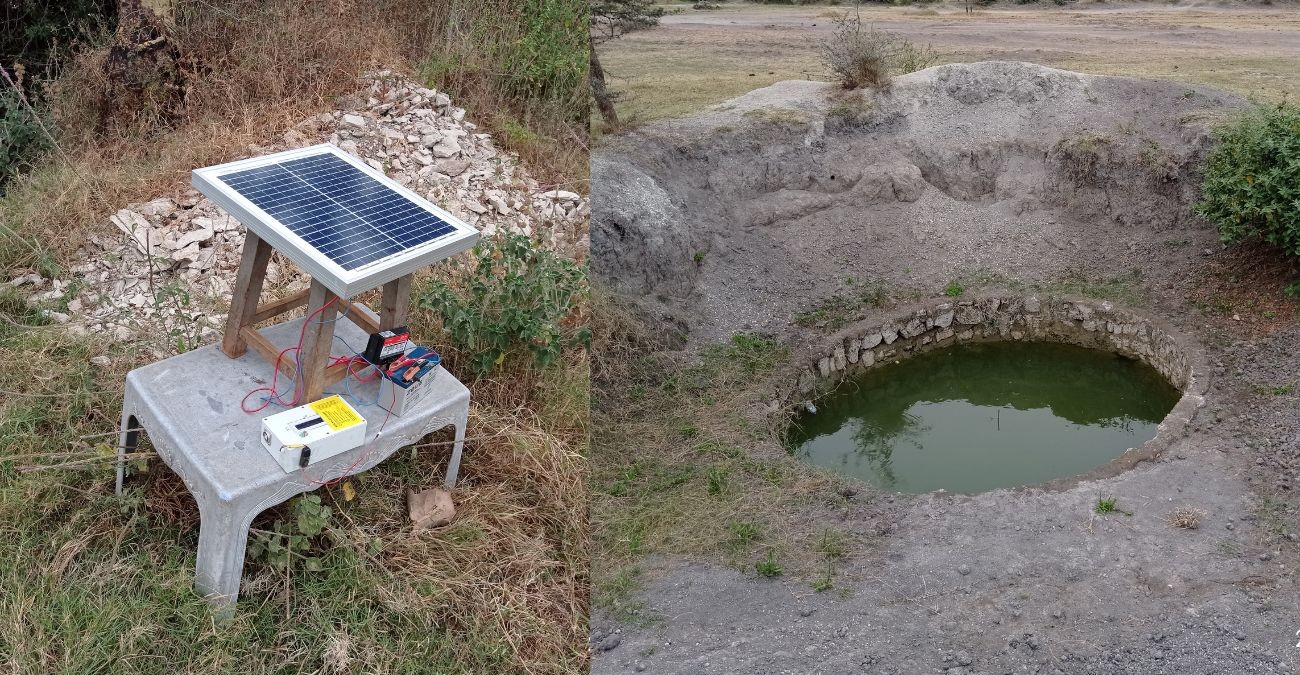Wireless pesticide detector enjoys successful field test in Kenya

Researchers looking to develop a wireless system that will alert the Kenyan public to health risks in their local water supply have successfully demonstrated a prototype.
The work has been field tested in Kenya this summer, demonstrating the system's potential in a real-world context. The findings were published in the Sensors journal and presented at the Censis conference last month, the largest event in Scotland for the sensing, imaging and internet of things (IoT) community. Additionally, the project has been submitted to the StemforBritain event, which showcases engineering research to the UK Parliament, further highlighting its significance and potential impact.
The research project at Glasgow Caledonian University is centred on mitigating water pollution caused by pesticides. Pesticides are commonly used in Kenya to control pests and increase crop yields, but their overuse and improper disposal is said to have led to contamination of water sources.
The wireless system will be developed to detect pesticide residues in water in real-time and relay the data to a central database. The database will be accessible to the public, providing them with information on the quality of the water in their area. This information will help people make informed decisions about the use of water for consumption and other purposes.
Dr Sinan Sinanovic, who is supervising the project with Dr Colin Harrison, Dr Funmilayo Offiong and PhD student Titus Mutunga, said: “The development of the wireless system is expected to reduce the number of illnesses related to pesticide poisoning. Exposure to pesticides can cause a range of health problems, including skin irritation, respiratory problems and neurological disorders. By detecting pesticide residues in water sources, the wireless system will provide an early-warning system for potential health risks, enabling people to take necessary precautions to avoid exposure.
“We started the project by looking at feasible strategies to implement the system, given the many practical constraints and challenges of field deployment in a rural region. The system has to be inexpensive and information has to be accessible on older phones. We had excellent feedback from the villagers during the field tests this summer, with huge excitement shown for the technology we have developed and the benefits it brings.”
The three-year project, which got under way in December 2022, is funded by the Commonwealth Scholarship, which provides financial support for students from Commonwealth countries to pursue postgraduate studies in the UK. The scholarship programme aims to promote international understanding and cooperation through education and research. The funding is covering the cost of research materials, equipment, and travel expenses related to the project. A fully working system is expected to be ready by 2026.
